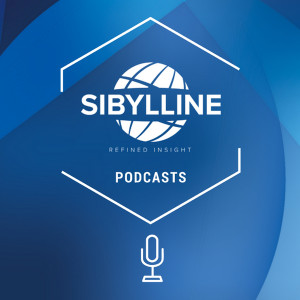

Sibylline Insight Podcast
China-US: Challenges for foreign firms operating in China will persist despite trade deal
2020-02-14
The operating environment for US and other foreign firms in China will not change significantly following the implementation of the ‘phase one’ Sino-US trade deal on 14 February. While the agreement will bring a reprieve for companies operating in some of the sectors that have been affected by the tariffs, challenges such as IP theft, forced technology transfers, and anti-competitive state subsidies for domestic firms will endure for the foreseeable future.
Key points include:
Main provisions of the ‘ph...
The operating environment for US and other foreign firms in China will not change significantly following the implementation of the ‘phase one’ Sino-US trade deal on 14 February. While the agreement will bring a reprieve for companies operating in some of the sectors that have been affected by the tariffs, challenges such as IP theft, forced technology transfers, and anti-competitive state subsidies for domestic firms will endure for the foreseeable future.
Key points include:
- Main provisions of the ‘phase one’ deal
- Prospects for a second deal
- Beijing’s goals of self-sufficiency and technological ascendancy
Comments (3)
More Episodes
All Episodes>>Create Your Podcast In Minutes
- Full-featured podcast site
- Unlimited storage and bandwidth
- Comprehensive podcast stats
- Distribute to Apple Podcasts, Spotify, and more
- Make money with your podcast
It is Free












